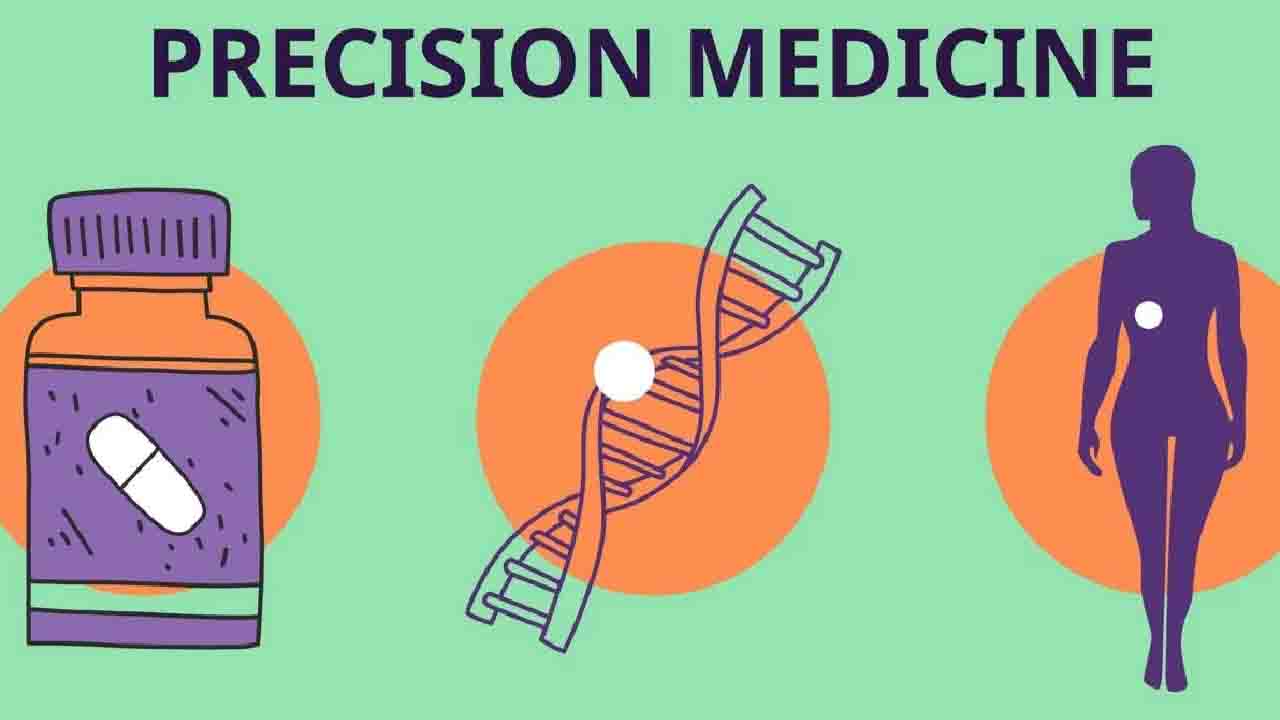Precision medicine is a new approach to healthcare that takes into account individual differences in genes, environment, and lifestyle to deliver the best possible care for each patient. This approach has the potential to revolutionize healthcare by making it more effective, efficient, and personalized.
Precision medicine is based on the idea that each person’s body is unique and responds differently to different treatments. By understanding the genetic, environmental, and lifestyle factors that influence a person’s health, doctors can tailor treatments to each individual’s needs. This can lead to better outcomes, such as longer life expectancy, improved quality of life, and reduced costs.
There are many different ways to implement precision medicine. One approach is to use genetic testing to identify people who are at risk for certain diseases. This information can then be used to develop preventive measures or to target treatments to those who are most likely to benefit. Another approach is to use environmental data, such as air pollution levels or exposure to toxins, to identify people who are at risk for certain diseases. This information can then be used to develop interventions to reduce exposure to these risk factors.
Precision medicine is still in its early stages, but it has the potential to revolutionize healthcare. By taking into account individual differences, precision medicine can make healthcare more effective, efficient, and personalized. This can lead to better outcomes for patients and lower costs for the healthcare system.
Here are some examples of how precision medicine is being used today:
In 2013, the FDA approved the first drug that was developed using precision medicine. This drug, known as Gleevec, is used to treat chronic myeloid leukemia. Gleevec works by targeting a specific mutation in the cancer cells. This mutation is found in about 95% of people with chronic myeloid leukemia, so Gleevec is very effective in treating this cancer.
In 2015, the FDA approved the first genetic test for breast cancer. This test, known as Oncotype DX, can be used to predict a woman’s risk of recurrence after breast cancer treatment. Women with a low risk of recurrence may not need to receive chemotherapy, which can have side effects.
In 2016, the FDA approved the first personalized cancer vaccine. This vaccine, known as Provenge, is used to treat prostate cancer. Provenge is made from a patient’s own immune cells, which are then genetically modified to recognize and attack cancer cells.
These are just a few examples of how precision medicine is being used today. As the field of precision medicine continues to develop, we can expect to see even more innovative treatments and preventive measures that can improve the health of individuals and populations.
Here are some of the challenges that need to be addressed in order to fully implement precision medicine:
The cost of genetic testing and other precision medicine technologies can be prohibitive for many people.
There is a lack of data on how genetic, environmental, and lifestyle factors interact to influence health.
There is a need for more trained healthcare professionals who are knowledgeable about precision medicine.
Despite these challenges, precision medicine has the potential to revolutionize healthcare. By taking into account individual differences, precision medicine can make healthcare more effective, efficient, and personalized. This can lead to better outcomes for patients and lower costs for the healthcare system.








